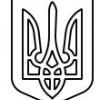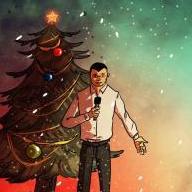Zaiba Malik: My day in a veil
-
Последна активност
-
- 4 мнения
- 7 прегледa
-
- 9 мнения
- 21 прегледa
-
Руско-украинската война 2022-2024 година. 1 2 3 4 156
От Р. Теодосиев, in Руско-украинската война 2022 година.
- 3890 мнения
- 218525 прегледa
-
- 442 мнения
- 10322 прегледa
-
Тръмп и войната в Украйна. Какво да очакваме? 1 2 3 4 11
От nik1, in Руско-украинската война 2022 година.
- 260 мнения
- 7810 прегледa
-
-
Последно разглеждащи 0 Потребители
- No registered users viewing this page.




Препръчано мнение
Напиши мнение
Може да публикувате сега и да се регистрирате по-късно. Ако вече имате акаунт, влезте от ТУК , за да публикувате.